Danish students will launch their own satellite next summer
The Danish Students CubeSat Program DISCO will, in collaboration with the Danish company Space Inventor, launch its first satellite on a Falcon-9 rocket in the Summer of 2022. The satellite will include a number of smaller student experiments as well as serve as a communications station for radio amateurs around the world.
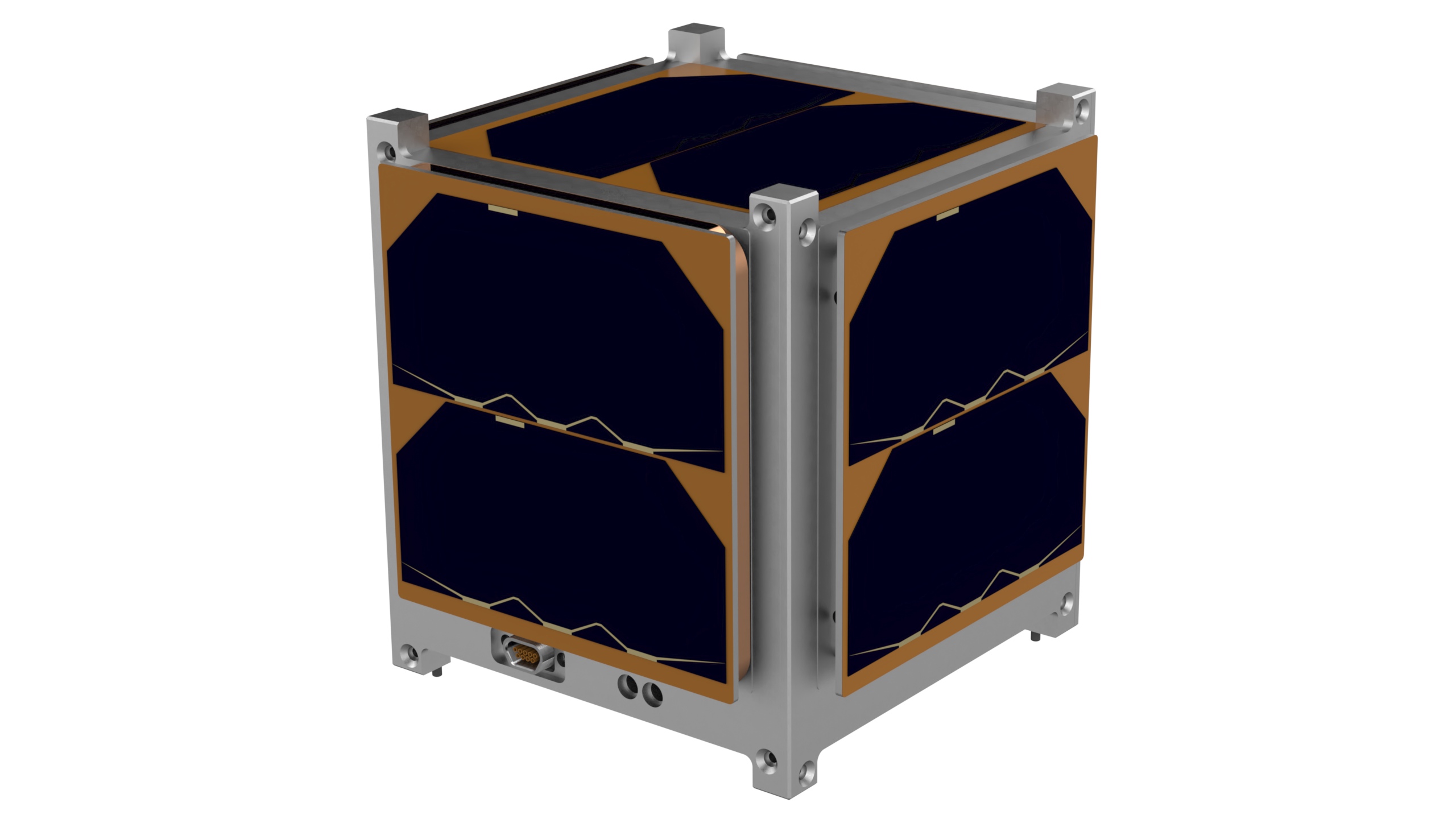
New possibilities
The launch of the first satellite has now been ordered from the company Momentus to take place next summer on a Falcon-9 rocket. The satellite will be a so-called CubeSat of 10x10x10 cm and with a mass of 1 kg. The satellite will contain a series of small experiments that the students are currently working on defining. One of the ideas is to investigate the possibility of using the same frequency as a regular wireless network, to communicate between satellites. This could allow some of the subsequent DISCO satellites to send much larger amounts of data down to Earth. The data could e.g. be images that show the development in the use of the Arctic regions as the ice around Greenland disappears.
To be used for teaching in both the universities and in the high schools
"It is quite wild that I now, as part of my studies, am sitting here developing a communications unit for a satellite that I will help launching already next year," says Aleksander Brøndum Bille, who is currently doing a bachelor's project at the Department of Physics and Astronomy at Aarhus University. In his bachelor's project, Aleksander will construct a prototype of the ground stations that will be lent to Danish high schools after launch and thus give Danish high school students the opportunity to talk to the DISCO satellites.
DISCO has been developed under the Danish partnership for spacerelated educations.
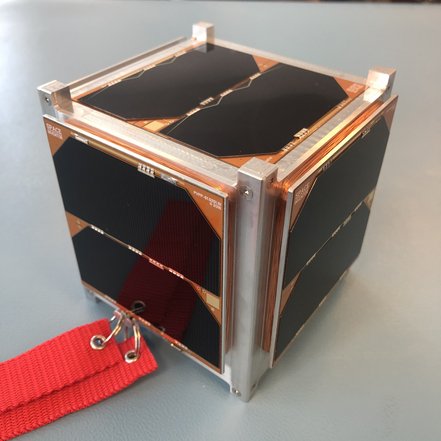
CubeSat prototype. Photo: Space Inventor.
Mission patch competition
All satellite missions have a cool mission patch and so must DISCO. We are therefore giving away an Astro Pi kit for the coolest mission patch suggestion for the DISCO program. For inspiration try to google mission patch. Astro Pi is a small Raspberry Pi computer developed by The Raspberry Pi Foundation in collaboration with the European Space Agency ESA. The Astro Pi kit consists of a Raspberry Pi 3, a Sence HAT card with a number of built-in measuring instruments, a camera and a power supply. The Astro Pi Kit enables you to develop experiments as those that could be performed on a CubeSat.
Proposals for a mission patch for the DISCO program must be uploaded to the DISCO Facebook page before May 9 to enter the competition. www.facebook.com/DanishStudentCubeSatProgram
For more information:
Christoffer Karoff (AU) 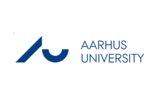
21183926 karoff@geo.au.dk

Jens Dalsgaard Nielsen (AAU)
2872 8753 jdn@es.aau.dk

Mads Toudal Frandsen (SDU)
6550 4521 toudal@sdu.dk
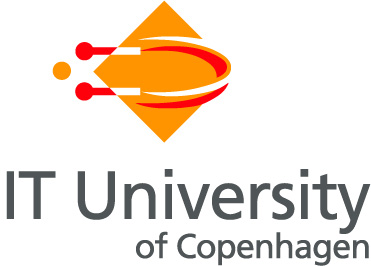
Sebastian Büttrich (ITU)
7218 5126 sebastian@itu.dk
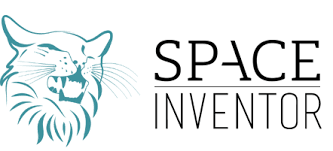
Karl Kaas (Space Inventor)
31208210 karl@space-inventor.com
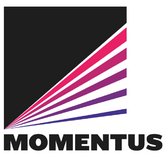
Jean-Philippe Divo (Momentus)
+65 9771 0558 jeanphilippe@momentus.space

Ole Østrup (Industriens Fond)
2380 0660 info@industriensfond.dk
